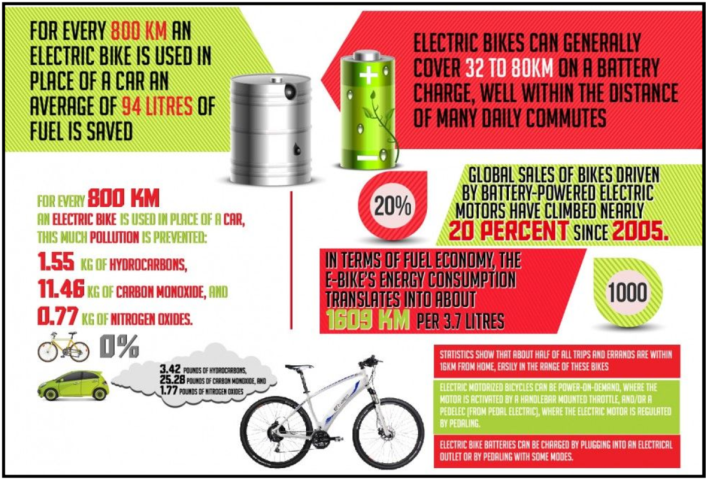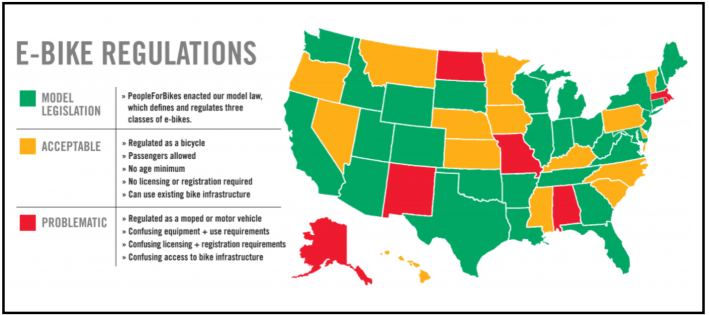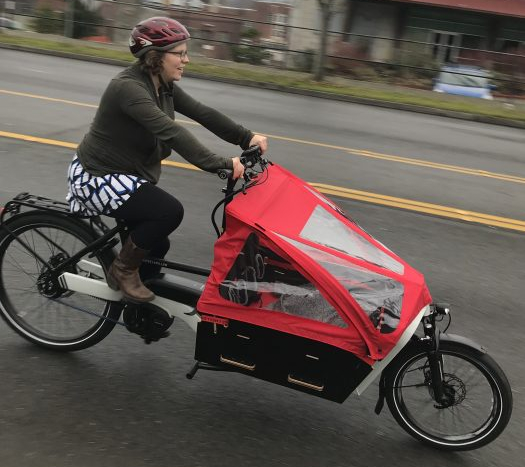Scotland just re-upped its investment in e-bikes as part of an effort to boost pandemic-era mobility and flatten the COVID-19 curve — and smart U.S. states would be wise to follow its lead.
The nation recently authorized a fourth round of funding to the E-Bike Grant program, which provides a raft of financial incentives to get Scots to replace car and transit commutes with bike rides. The allocation totals £900,000, or about $1.1 million.
The program allows individuals and families to borrow up to £6,000 interest-free for four years in order to buy. electric-assist bicycles, including e-cargo bikes, adaptive e-cycles for differently-abled bodies, and e-tricycles. It also grants businesses up to £30,000 to purchase e-bike fleets, or the use of free electric-cargo bicycles for up to 12 months in exchange for their participation in a research program.
The scheme dates from before the pandemic — the first Scot got their government-funded rides in 2018 — but the government has augmented funding for the program and shifted its focus in response to COVID-19.
As it has everywhere, the pandemic has precipitated a mobility revolution in Scotland. Public transportation use fell and cycling use rose, by some measures as much as 213 percent from March through June. Unlike in America, however, the national government paid attention to how many people got on their bikes when they got off the trains, and increased funding to a program that could make that shift easier for residents. The recent funding also emphasizes essential workers, enabling key businesses and organizations that had received loans earlier to expand their fleets with up to £20,000 more funding. Advocates hope the move will make the program — which does not limit eligibility by income but does require repayment — more equitable by removing barriers to participation for poorer residents.
The program is modest: So far, it has put 916 bikes in the hands of Scottish citizens, a small number in a country of 5.5 million people (a population roughly the size of Wisconsin's). Advocates hope to replicate the model in the United States, where few states offer any financial incentive for e-bike purchases.

The lack of government support for e-bike purchases here has long rankled advocates, especially given comparatively accesible subsidies for electric cars. One exception is California's recent expansion of the Clean Cars for All Act, which extends vouchers of up to $7,500 for qualified e-bike purchases. That measure, however, has tight eligibility restrictions; only low-income residents of select neighborhoods in three cities may apply.
In other states, the barriers to mass e-bike adoption are even steeper. Five states regulate electric-assist cycles — many of which travel at roughly the same speed as standard bikes, but with less exertion by users – as mopeds or motor vehicles, banning them from protected bike paths or requiring motor-vehicle-style licensing and registration. (Happily, the state of New York has updated its legislation since the chart below was made.)

Despite these hurdles, e-bike sales are exploding in the U.S. — and could climb if governments recognized the crucial role that e-bikes could play for a transit-leery public during the pandemic. E-bikes could lower the bar for older, differently-abled, or new cyclists who might have difficulty riding a traditional bike — while providing a far cheaper alternative than buying a car.
U.S. leaders should promote the cheap purchase and safe use of electric-assist cycles; there's no better time than now.






